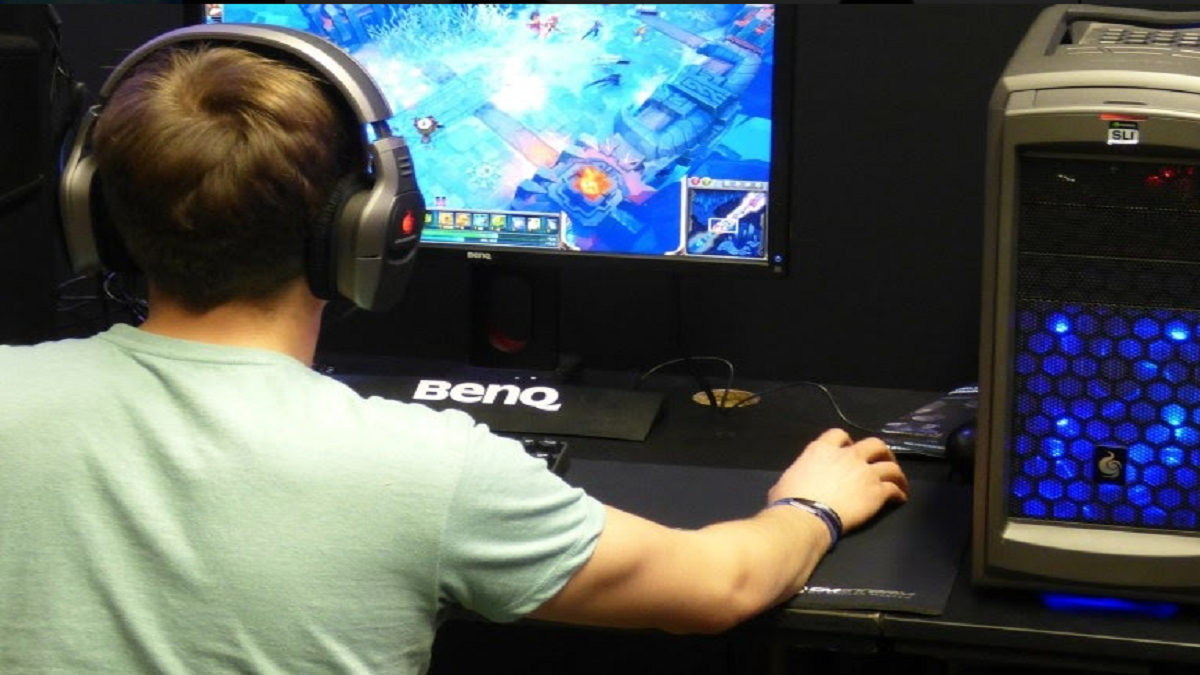


The rise of global digital economy has galvanized online gaming. Expansion of digital footprint on account of rising smartphone penetration, better internet connectivity and reasonably priced data packages have created a conducive environment for rapid growth of online gaming in India.
The diverse consumption pattern and gaming behaviour of Indian gamers along with rapidly rising market volume has caught the attention of the investors, game publishers and developers. However, a calibrated approach has been adopted by all stakeholders in India on account of lack of uniform legal and regulatory framework panning across the country. Absence of central enactment is not surprising as the Constitution of India empowers States to make laws on the ‘betting and gambling’. The Public Gaming Act, 1867, providing punishment for public gambling and keeping/operating common gaminghouses, applies only to the States/Union Territories in India which have passed enactments adopting this Act, and is relevant for online skill gaming to the extent it specifically provides that the same is not applicable to ‘mere skill games’.
One might think that each game has at least some element of, both, skill, and chance, and therefore, what could possibly constitute a ‘mere skill game’. A game of chance is one in which the element of chance predominates over the element of skill, and a game of skill is one in which the element of skill predominates over the element of chance. It is the dominant element skill or chance which determines the character of the game. The expression ‘mere skill game’ has, therefore, been interpreted by the Apex Court to mean ‘mainly and preponderantly a game of skill’ meaning thereby that despite there being an element of chance, if a game is preponderantly a game of skill it would, nevertheless, be categorised as ‘mere skill game’. Further, in a game of skill success depends principally upon the superior knowledge, training, attention, experience, and adroitness of the player. Accordingly, the question whether a game is ‘mere skill game’ has to be determined on game to game basis keeping in view its rules and format.
An online game qualifying as ‘mere skill game’ as per the preponderance or predominance test would not automatically become legal and permitted in a state as there might be specific State legislations which may prohibit or regulate online skill gaming. For example, State of Telangana prohibits online skill gaming for money or stakes. In contrast, there are also states in India which have adopted liberal approach, such as State of Goa, Daman and Diu, and Sikkim where playing games of chance is legal.
Last few years have seen a welcome shift in the manner in which States in India are tackling the issues of online gaming with Sikkim becoming the first State to ‘regulate’ online games and esports, for money or for money’s worth, which are either based on chance, or on a combination of skill and chance. List of games permitted includes Roulette, Blackjack, Bingo, Poker and Backgammon as well as Esports such as football, cricket, chess etc. involving prediction of the game’s results and placing a bet on any part of its outcome. The Sikkim State authority issues license to run the games and thus, regulates all aspects of gaming operations. Advertising, promotion, collection of bets, and even organisation of competitions and tournaments in respect of such games are subject to licence terms and government approvals.
It is interesting to note that while permitting games of chance, Sikkim has restricted offering of such games of chance only over the intra-net at gaming parlours within the State’s territorial boundaries.
The next State to enact legislation for ‘regulating’ online gaming was Nagaland. Though, Nagaland permitted only games of skill or predominantly of skills to be played for a monetary stake or virtual currency, it permitted hosting of online games across the country by licence holders so long as the State where the player was accessing the game exempted said game from the ambit of ‘gambling’ under the respective state laws.
A string of judicial rulings in favour of online fantasy sports game ‘Dream 11’ have also provided a boost to online skill gaming in India. ‘Dream 11’, being online game based on cricket, gained tremendous popularity amongst cricket fans in India. However, doubts were raised about its legality which were laid to rest by the judicial rulings wherein, after examining the rules, the model of revenue generation, aspects relating to distribution of prize money as well as the general structuring of the gaming platform, the courts came to conclusion that ‘Dream 11’ was a game of skill falling outside the ambit of gambling.
Though COVID-19 has adversely impacted hardware and software development, online gaming has continued to flourish, offering an engaging and entertaining option to people practicing social distancing. With more and more Indian companies wanting to get into this market space previously dominated by the foreign game publishers and developers, it is for the Government of India to seize the opportunity by granting much needed recognition to online gaming industry and esports in India and by taking steps for establishment of near uniform legal and regulatory framework panning across most, if not all, States in India.
By Rahul Chaudhary, Partner, PSL Chambers; Jayashree Parihar, Senior Associate and Aastha Saxena, Associate, PSL Chambers